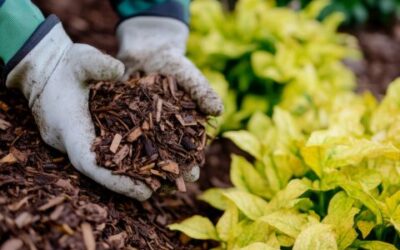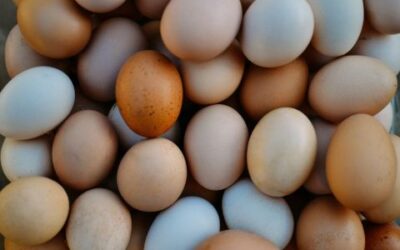
It is a well-known fact that horses love to eat. Determining how much food your horses need to consume in a day is a necessary hassle you need to take on as an equine enthusiast. If you struggle with knowing how to calculate how much forage your horse needs, we have tips to help you solve the riddle of healthy horse rations.
Step 1: Learn Your Horse’s Weight
Your horse’s weight directly correlates with how much they need to eat. The average healthy horse weighs about 900 pounds. However, larger breeds such as draft horses can weigh up to 2,000 pounds! Your horse may be at a healthy weight, even if they are slightly larger or smaller than their breed’s average size. A trusted vet who specializes in equine health can tell you if your horse is at a healthy weight.
If you do not have access to a livestock scale, weighing your horse may prove difficult. Luckily, there are proven ways to approximate the weight of a horse that require easy measurements you can do at any time.
Step 2: Measure Out Your Forage
Now that you know the weight of the horse, you can determine how much forage he needs to eat. A horse needs to eat 1.5% to 3% of their body weight in food daily! In our example of a 1,000-pound horse, they would need between 15 to 30 pounds of forage. It is recommended that at least 1% of a horse’s daily food intake is comprised of roughage, such as high-fiber chopped hay for horses. This forage will provide the horse with the majority of its calorie intake and will help maintain gut health. Take into consideration how often your horses graze at pasture and how much work they do every day when measuring out their food. You may need to change the amount your horses eat during different seasons, as their caloric requirements may fluctuate.
Feed Multiple Meals
Going hand in hand with how to calculate how much forage your horse needs is knowing how many times to feed your horse a day. Remember that you should not feed your horse their daily caloric intake all in one meal. An overstuffed meal can cause health concerns, such as weight gain, colic, ulcers, or laminitis.
Horses enjoy chewing forage, and when they can’t replicate the feeling of grazing, they may develop bad habits such as cribbing. Horses generally should have at least three meals a day, but more are preferred. For horses that are in their stalls for long periods of time, consider utilizing a slow feeder to stretch out their forage ration.




